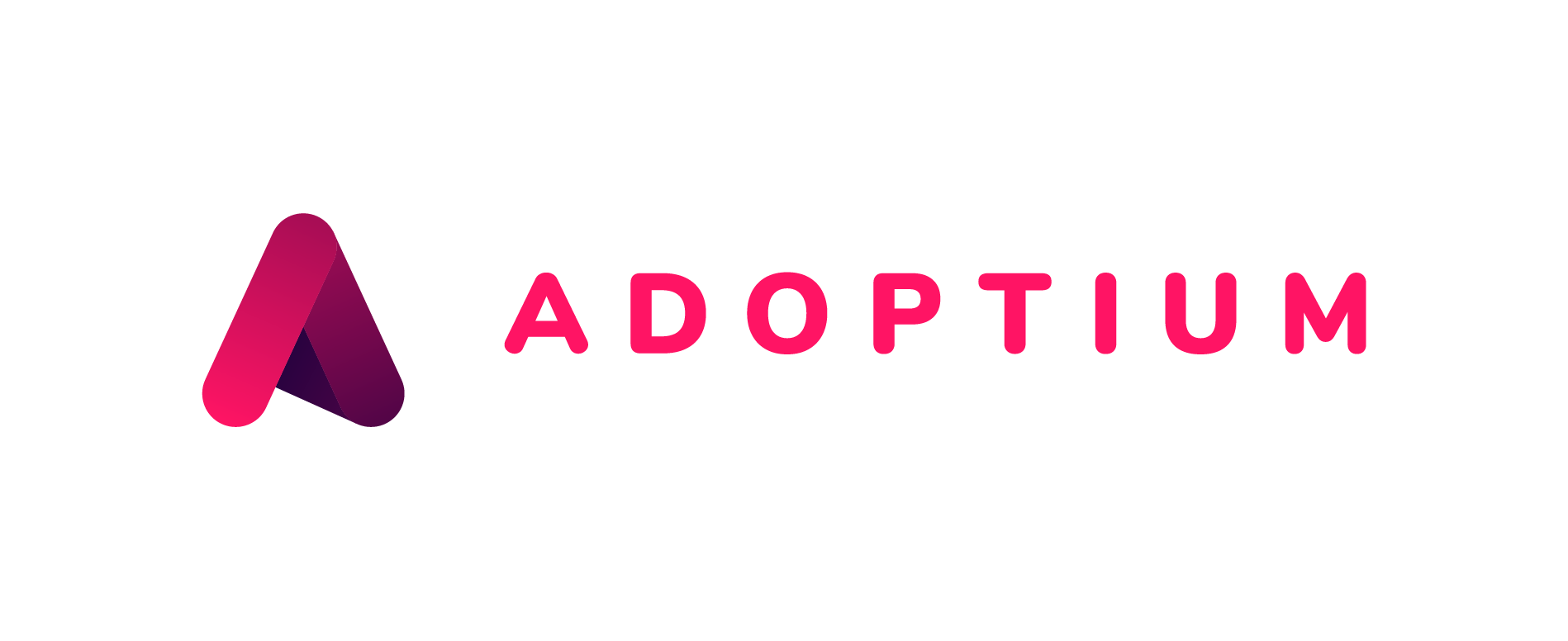
Lets first check how to install OpenJDK JDK and OpenJRE.


bash_profile? Last Updated on October 4th, 2020 by App Shah 2 comments When you install Java with default apt install command on Ubuntu or CentOS Linux OS then it will install Java under default folder /usr/bin/java. This will print the version of the java tool, if it can find it. To download the default JDK, go to the Ubuntu terminal and type the following command line: sudo apt-get install default-jdk. By default, this will be installed under the current directory.įile Name: openjdk-1.7.0.147-AV1-windows-32bit.Check jdk version linux Note about root access: To install Java in a system-wide location such as /usr/local, you must login as the root user to gain the necessary permissions. This zip contains the 32 bit OpenJDK binary. Note: If you are using an earlier version of the AE Services Java SDK’s, it is recommended that you download the appropriate version (that was specified for the release) from Oracle. This includes the DMCC Java SDK, JTAPI SDK, System Management Service (SMS) Web Service SDK and Telephony Web Service SDK. It is required that either the AE Services version of OpenJDK-7 (highly recommended) or a licensed version from Oracle (OracleJDK-7), be utilized when using the AE Services 6.2 series of Java SDK’s. However, AE Services makes available (on the Avaya Support site), binary versions of OpenJDK-7 that have been compiled for the Windows 32 bit and Linux 32 bit operating systems. The compilation of the OpenJDK source code is normally left to the consumer.

Although Oracle provides the code for the open source version of the JDK platform (called OpenJDK), it does not provide a binary version. Starting with release 6.2, AE Services employs the OpenJDK platform, while prior releases of AE Services employed Oracle’s (formerly Sun Microsystems) version of the JDK platform.

32 bit OpenJDK Windows Binary for AE Services R6.2


 0 kommentar(er)
0 kommentar(er)
